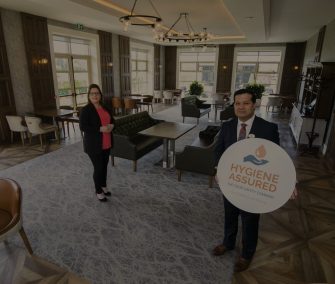Who should attend?
PHECC Cardiac First Responder is intended for responders such as police, airline personnel, security personnel, corporate employees, family members of patients at high risk for sudden cardiac death, other rescuers, and those who need or want to learn CPR and how to operate an AED.
Aims and objectives
The PHECC Cardiac First Responder Community Course includes the Heartsaver CPR AED Course as its basis with additional modules. Use of the Heartsaver CPR AED Course as part of a CFR Community Course is recommended for lay people while healthcare professionals should complete the CFR Community Course where it includes the BLS Provider Course
Expected Outcomes
Upon successful completion of PHECC Cardiac First Responder you will receive both an IHF/AHA Heartsaver CPR AED or BLS Provider course completion card (depending on the type of course you have completed) along with an IHF/PHECC CFR Community course completion card, both of which are valid for 2 years.
Course outline
- Stroke assessment (FAST Assessment)
- Heart attack and the administration of aspirin
- Patient Handover & PHECC Cardiac First Responder report
- Infection Control
- Post event issues (critical incident stress awareness and debrief)
- Team resuscitation
Appraisal of delegates’ knowledge and performance will be made through a written theory test and practical test
Additional information
Duration: 0.5 days
Maximum number of delegates: 6 persons
Certification: PHECC- Pre-Hospital Emergency Care Council


